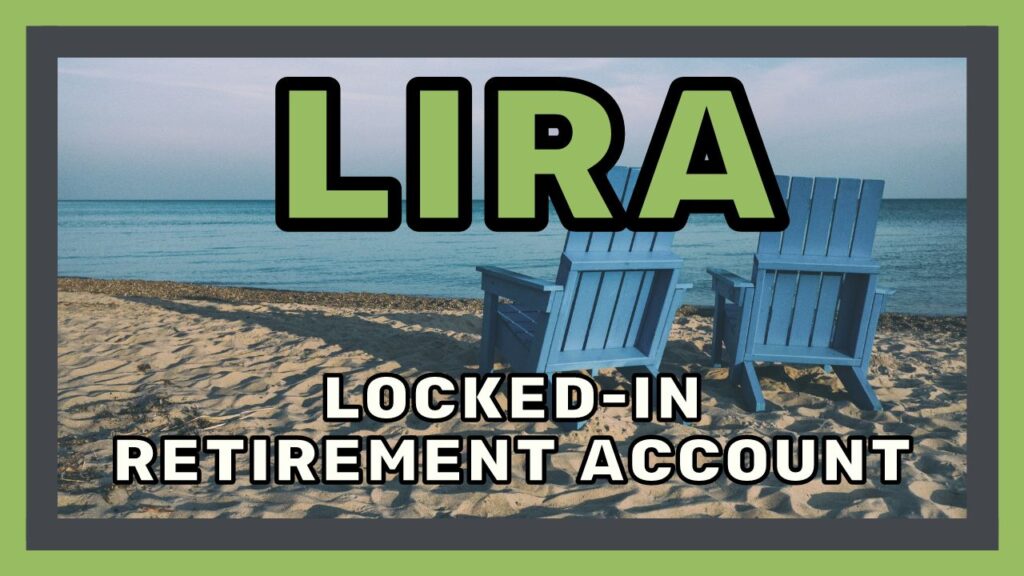A strategy to give you the lifestyle you desire today and beyond! It’s never too early to start saving for retirement. This may make saving and planning for retirement easier than starting to save later in your career. Start saving a portion of every paycheque if you can afford it. The earlier you start saving, the longer your money can earn interest and grow. Using automatic deposits can be a good way to save money. Consider increasing the amount of the automatic transfer as your pay increases. Adding a small amount regularly can make a big difference in the long term. Various registered plans may help you save for retirement. Make a budget to help you figure out how much money you can afford to save for retirement. Saving early helps you save less each month and earn a larger amount of compound interest.
What is Retirement Planning?
Retirement planning focuses on the client’s financial well-being after employment has stopped. It involves a comparison of the client’s desired lifestyle in retirement to their current retirement assets, planned savings, expected sources of retirement income, such as government and employer benefits, and return on investment to help ensure adequate retirement income over his lifetime. Retirement savings must be carefully monitored as circumstances change over time.
Determining How Much You Need for Retirement
The amount you need to save depends on how you want to spend your retirement. Where you want to live during your retirement also has an impact on how much you’ll need. For example, if you plan on retiring in another country, other rules and regulations may apply. Taxes, public pensions, and medical care may work differently outside of Canada. Think about your lifestyle and look at how much you spend now. Then, determine how those expenses may change when you retire. When you want to retire has a big impact on how much you need to save. You’ll need to make sure you have enough money to support yourself for the entire length of your retirement. To help you plan, consider:
- your age when you retire
- your hobbies
- your travel plans
- if you’ll work after you retire
- if you’ll have family members to support financially
- whether you’ll have debt to pay, such as a mortgage or a loan
Main Sources of Retirement Income
Future cash flows are estimated to gauge whether the retirement income goal is possible. While the amount of money you’ll want to have in your nest egg is important, it’s also a good idea to consider all of your expenses. Depending on the type of retirement account that you hold, investment returns are typically taxed. Therefore, the actual rate of return must be calculated on an after-tax basis.
- OAS, GIS, CPP/QPP retirement pension
- Earnings, if you continue to work in retirement
- Workplace pension plans
- Retirement savings and investments
Maintain an Emergency Fund
Most Canadians want to save for retirement. But every time they start, a surprise expense pops up and derails their plans. That’s where the emergency fund comes in. Maintaining an emergency fund ensures you can always cover unexpected expenses without depending on high-interest debt, such as credit cards and personal loans. It also prevents the temptation to dip in your investment or retirement accounts, which can easily lead to early withdrawal penalties, taxes, and fees.
Investment Management
I am using time-proven investing strategies to assist you in navigating investment opportunities tailored to your needs. Our guidance is designed to be not only informative but also easily comprehensible, and finely tuned to your specific financial situation. The weight of academic evidence strongly favors passive investors. Those who embrace market returns have consistently achieved superior performance on average compared to active investors who strive to outperform the markets.
A portfolio of ETFs is meticulously structured to track market returns within each asset class. These instruments offer the advantages of low costs, full transparency, tax efficiency, and the flexibility to be traded at any time. We aim to provide clarity regarding your choices, strategies to diversify your portfolio, and clarification on intricate investment concepts.
The Risks During Retirement
- Inflation: You have to adjust for inflation. To help ensure that your savings retain their value during your golden years, at a minimum, your investment should outperform inflation.
- Liquidity: Think about how you’ll get your pay out. Will a locked-in investment give you the liquidity you need? You should have a rough idea of your time horizon or when you’re most likely to need quick access to your savings.
- Portfolio Diversification: It’s never a good idea to put all your eggs in the same basket. Especially, when you have a financial goal. Understanding how much risk you are willing to accept can help you with your retirement portfolio.
- Risk Tolerance: Think about how much risk you’re willing to take. Remember, everyone’s got a different risk profile. Plus, your risk appetite can change depending on where you are in life.
- Time Horizon: Do you have a lot of time to save for retirement? Or are you starting a little later in life? If you’re starting young, you can consider higher-risk investments that you are comfortable with because you have time on your side. On the other hand, if you’re starting late, you should think about periodically setting aside larger amounts and considering the amount of risk you are comfortable with for your investments so you can aim to reach your retirement goal.
How Can I Reduce My Taxes?
The right tax strategies can make a huge difference in how much money you get to keep in retirement. For example, saving in registered plans (like the RRSP) and sharing income with your spouse are two common ones. Taxes are an important part of income planning in retirement. That’s because you may be getting more of your income from personal savings and distributions from your investments, which can be taxed at different rates. This can have a big impact on the after-tax dollars that you have to spend in retirement.
How Long Might Your Retirement Last?
In general, women live longer than men. The longer you live, the longer your retirement savings need to last. Start by looking at your current spending. Review your potential sources of income. A well-structured retirement strategy will ensure a lifestyle you have dreamed about for the future.
Health Care and Medical Expenses
Many people assume they will spend less in retirement. Healthcare expenses can rise as you age. Women spend more than men on health care over their lifetime simply because they have a longer life expectancy.
Leaving a Financial Legacy
Separate your retirement funds from your financial legacy into two distinct pools. A sound strategy is never written in stone. The importance of flexibility because as we progress through life, flexibility is important with your desires and needs.
Conclusion
By understanding your goals, dreams and wishes we work with you to develop a strategy and implement the tools needed to provide the outcome you desire.





